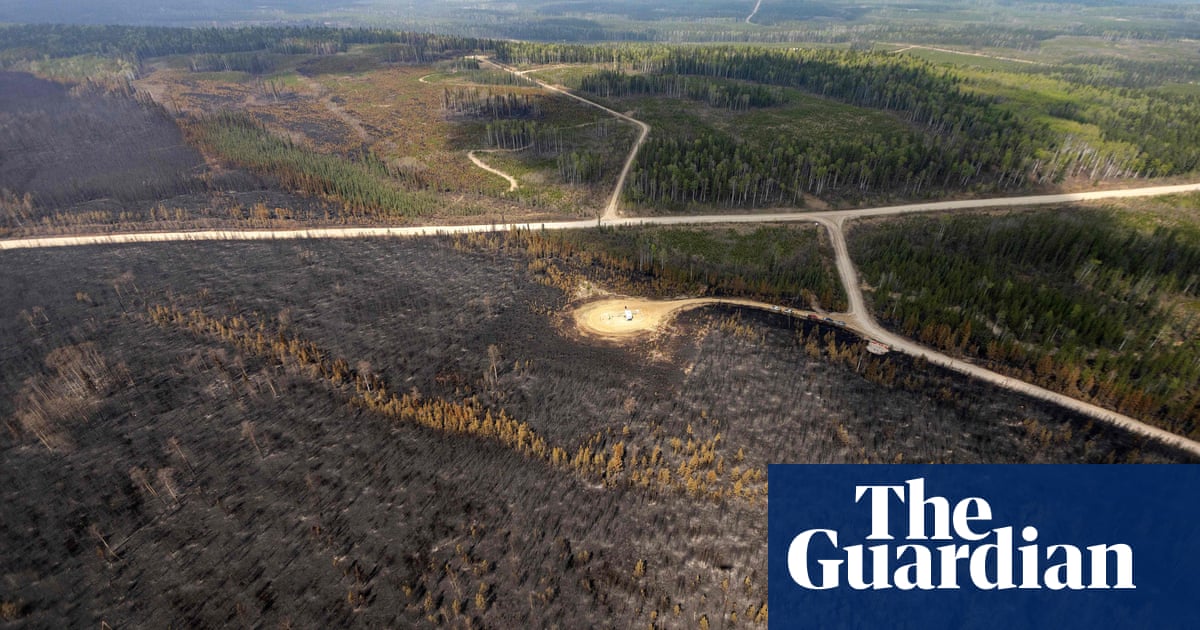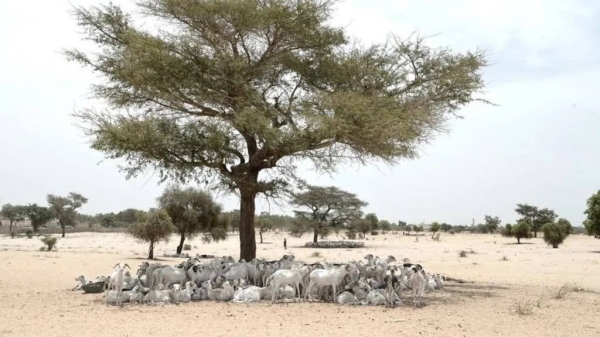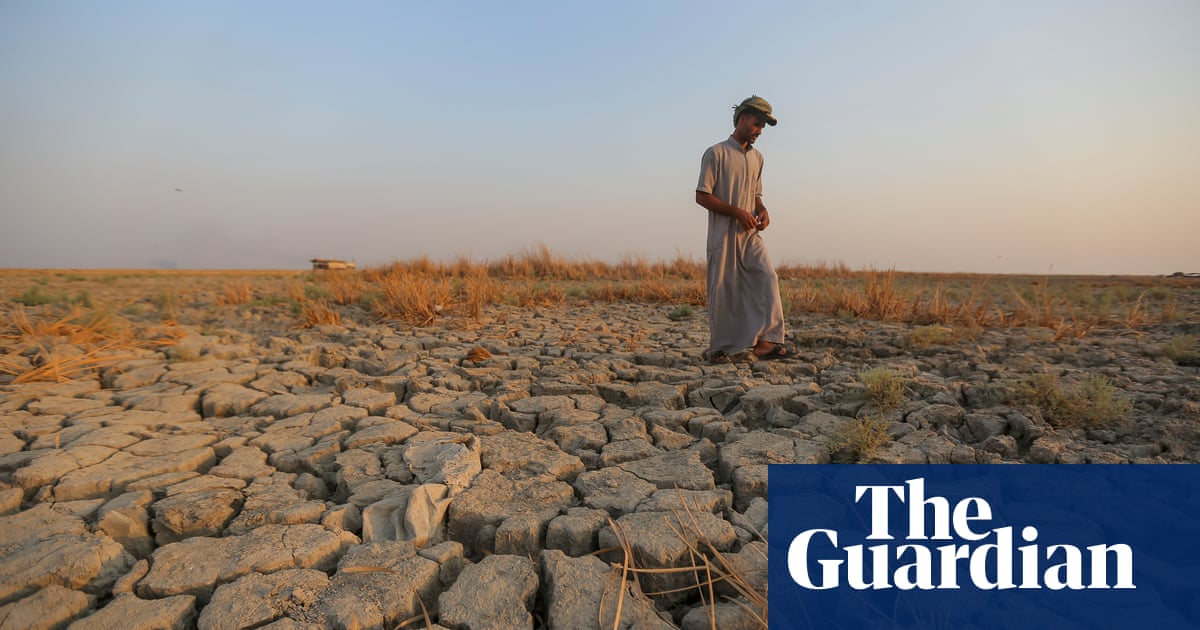
The “heat dome” causing scorching temperatures across western Europe and north Africa, and boiling athletes and spectators at the Olympic Games in Paris, would have been impossible without human-caused global heating, a rapid analysis has found.
Scientists said the fossil-fuelled climate crisis made temperatures 2.5C to 3.3C hotter. Such an event would not have happened in the world before global heating but is now expected about once a decade, they said. Continued emissions of heat-trapping carbon dioxide will make them even more frequent, the researchers warned.
“Climate change crashed the Olympics on Tuesday,” said Dr Friederike Otto, a climatologist at Imperial College London and part of the World Weather Attribution group behind the analysis. “The world watched athletes swelter in 35C heat. If the atmosphere wasn’t overloaded with emissions from burning fossil fuels, Paris would have been about 3C cooler and much safer for sport.”
Numerous athletes, including the gymnastics superstar Simone Biles, have suffered in the heat, with one tennis player having called it “crazy” and sailing competitors having worn ice vests to keep cool. Fans watching the beach volleyball near the Eiffel Tower were sprayed with hoses, while misting fountains have been set up at skateboarding and other venues and millions of bottles of water have been handed out at train and Métro stations.
“However, many people across the Mediterranean do not have the luxury of ice-packs, air conditioning or cooling breaks at work,” she said. “For these people, extreme heat can mean death.”
The analysis assessed the dangerous heat in July that sent temperatures soaring past 40C in many places, increasing the spread of wildfires in Portugal and Greece and worsening water shortages in Italy and Spain. In Morocco, temperatures reached 48C, with one hospital reporting 21 deaths.
The heat will have caused many more people to die prematurely across the region. But assembling the required data, where it exists, takes time. Extreme heat in the European summer of 2022 is now known to have led to 61,000 early deaths.
Dr Mariam Zachariah, a research associate at Imperial College London, said: “[Our new] analysis helps people understand that climate change is not a distant threat, but an immediate one that is already making life on Earth much more dangerous.”
Heat action plans, which involve early warning systems, water and first aid stations, and changed hours for outdoor workers, have been implemented in France, Greece, Italy, Spain and Portugal, but not yet in Morocco.
The July heatwave was caused by a large-scale high-pressure ridge, often referred to as a “heat dome”. It occurred after 13 months of extreme heat globally, with each of the last 13 months being the hottest ever recorded.
The climate crisis is making all heatwaves hotter, longer and more frequent around the world. The scientists assessed the impact of human-caused global heating on the extreme July heat by comparing how these events have changed between today’s climate, with about 1.3C of global heating, and the cooler preindustrial climate.
The analysis built on studies of heatwaves in the Mediterranean region in April and July 2023, which used weather data and computer climate models. This foundation meant that only weather data was needed for the new analysis, allowing it to be produced almost immediately.
Many hundreds of these attribution studies have now been completed, covering heatwaves, wildfires, droughts, floods and storms. They include a growing number of otherwise impossible events and demonstrate how human-caused heating has already supercharged extreme weather across the globe.
“As long as humans burn oil, gas and coal, heatwaves will get hotter and more people will die premature deaths,” said Otto. “The good news is that we don’t need some magic solution to stop things from getting worse. We know exactly what we need to do and have the technology and knowledge needed to do it – replace fossil fuels with renewable energy and stop deforestation. The faster we do this, the better.”
The UN secretary general, António Guterres, said last week: “I must call out the flood of fossil fuel expansion we are seeing in some of the world’s wealthiest countries.” He spoke a day after the Guardian revealed a surge in fresh oil and gas exploration in 2024 with countries such as the US and the UK leading the charge, handing out a record 825 oil and gas licences in 2023.












